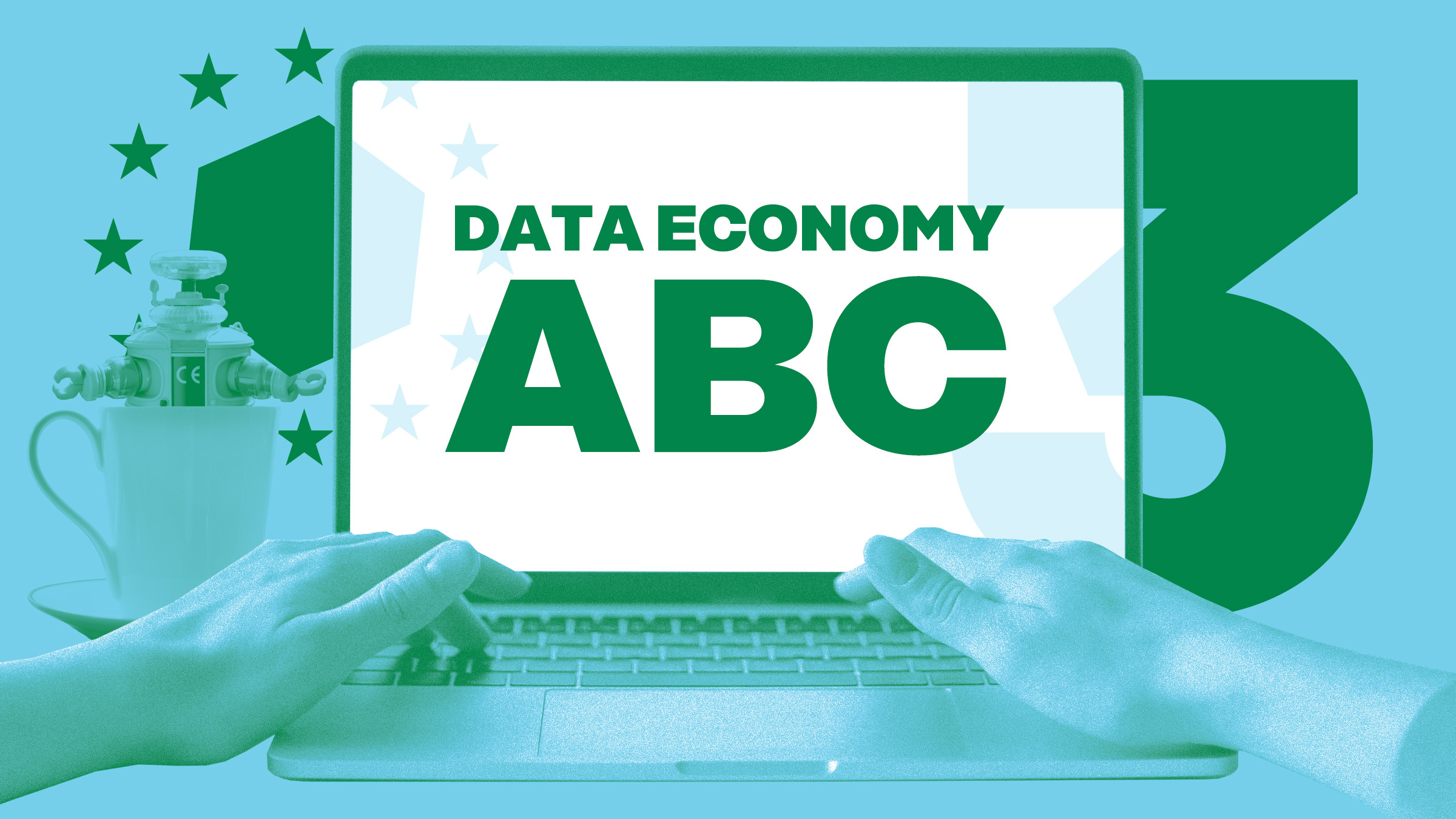Artificial intelligence (AI) can be an excellent help – until it goes off track. While a malfunctioning chatbot on a website may be amusing, the consequences are far more serious when AI is controlling a surgical laser for eye surgery or navigating a car in traffic.
The European Union AI Act, which will gradually come into force, aims to ensure that AI does not pose harm to individuals or society. It sets requirements for AI users and developers in situations where there are significant risks to health, safety, or fundamental rights. However, most AI applications are not classified as high-risk under the law, meaning their development will not become more complex.
The AI Act can easily be misunderstood. Is the use of AI banned in HR management or student evaluations? No, it isn’t. Is AI considered high-risk and therefore must be strictly regulated? Not necessarily, as AI use is often limited in scope to help keep risks low.
The Basics of the data economy online course offers practical tools
“Using AI demands new skills from all of us. Sitra’s new online course provides information on AI regulations for both developers and everyday digital service users. Don’t let fearmongering hold you back – explore the opportunities AI offers and the risks associated with it,” says Tarmo Toikkanen, Senior Lead at Sitra.
Sitra’s Fair Rules for Artificial Intelligence course explains what the EU AI Act means for AI developers and companies implementing AI. The course teaches participants how to assess the risk level of an AI system and provides information about the obligations associated with developing high-risk AI. It also supports the enhancement of AI literacy. Additionally, the course provides insights into innovation and the support measures available to AI developers and users.
“The EU AI Act will be implemented in stages between 2025 and 2026. The first requirements come into force in February 2025. For example, companies will be required to train staff who use AI tools,” says Meeri Toivanen, Specialist at Sitra.
The Fair rules for artificial intelligence course, developed by Sitra, is available on the eOppiva digital learning platform.
Previously, Sitra published two other Basics of the Data Economy courses: Fair rules for online platforms in 2023, and Fair rules for data sharing in 2024.


